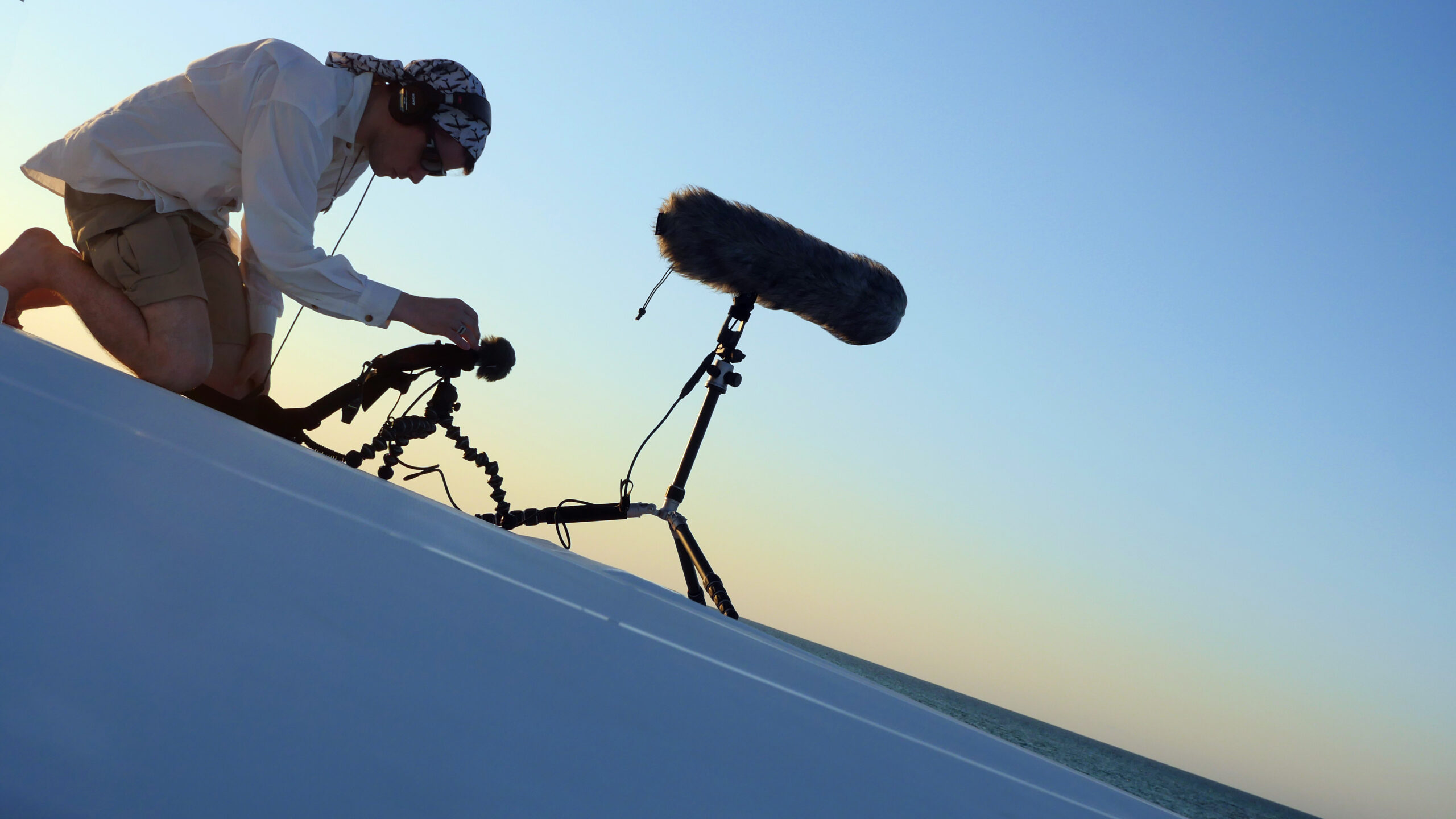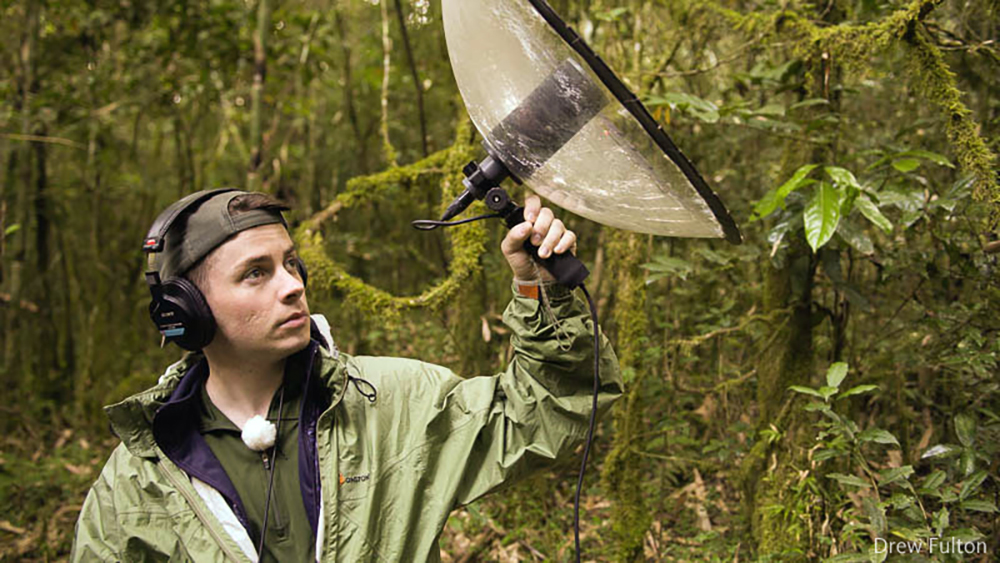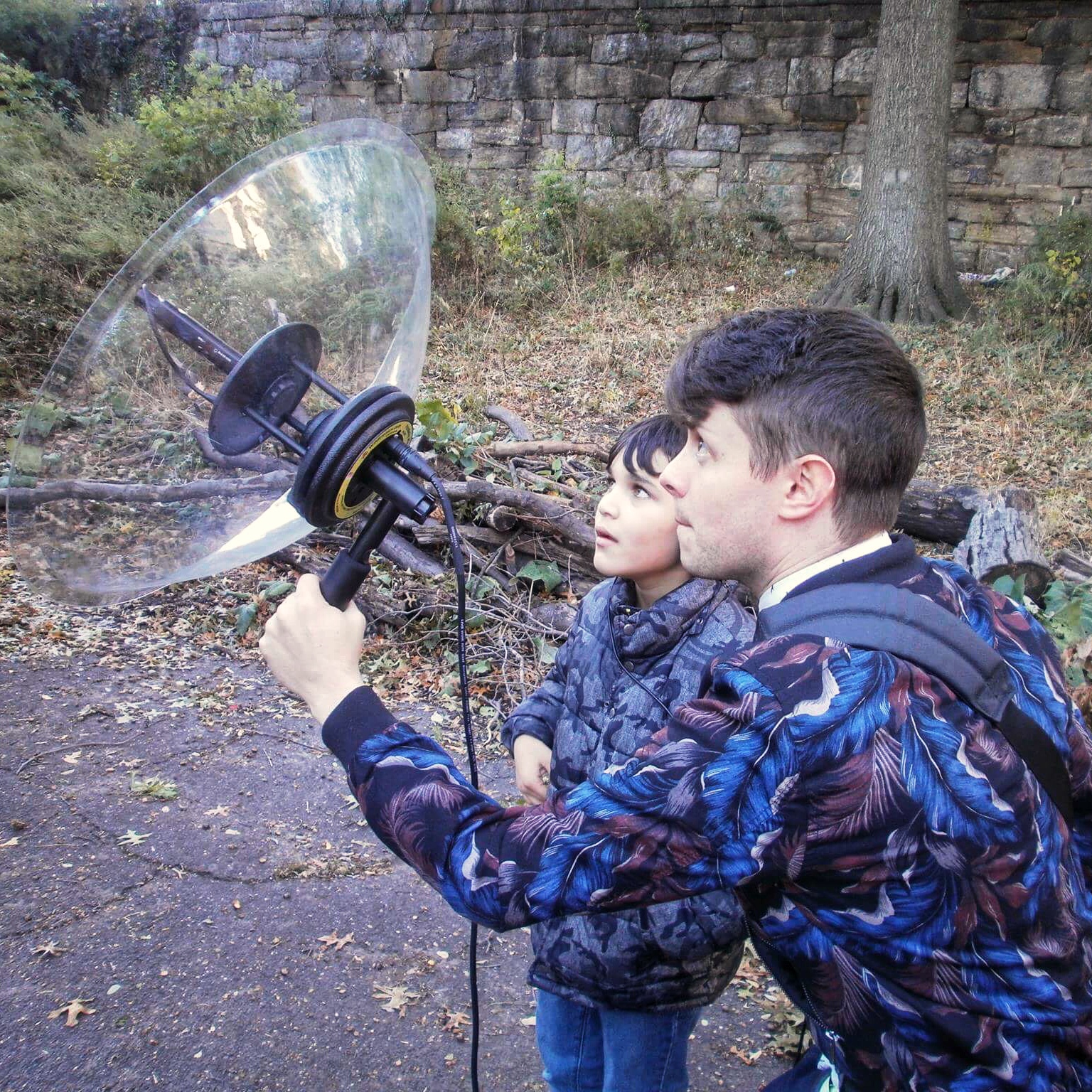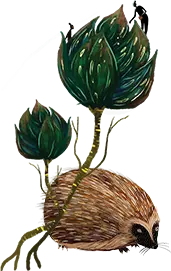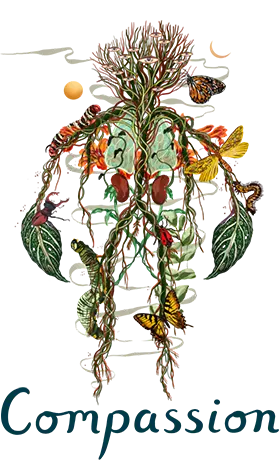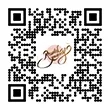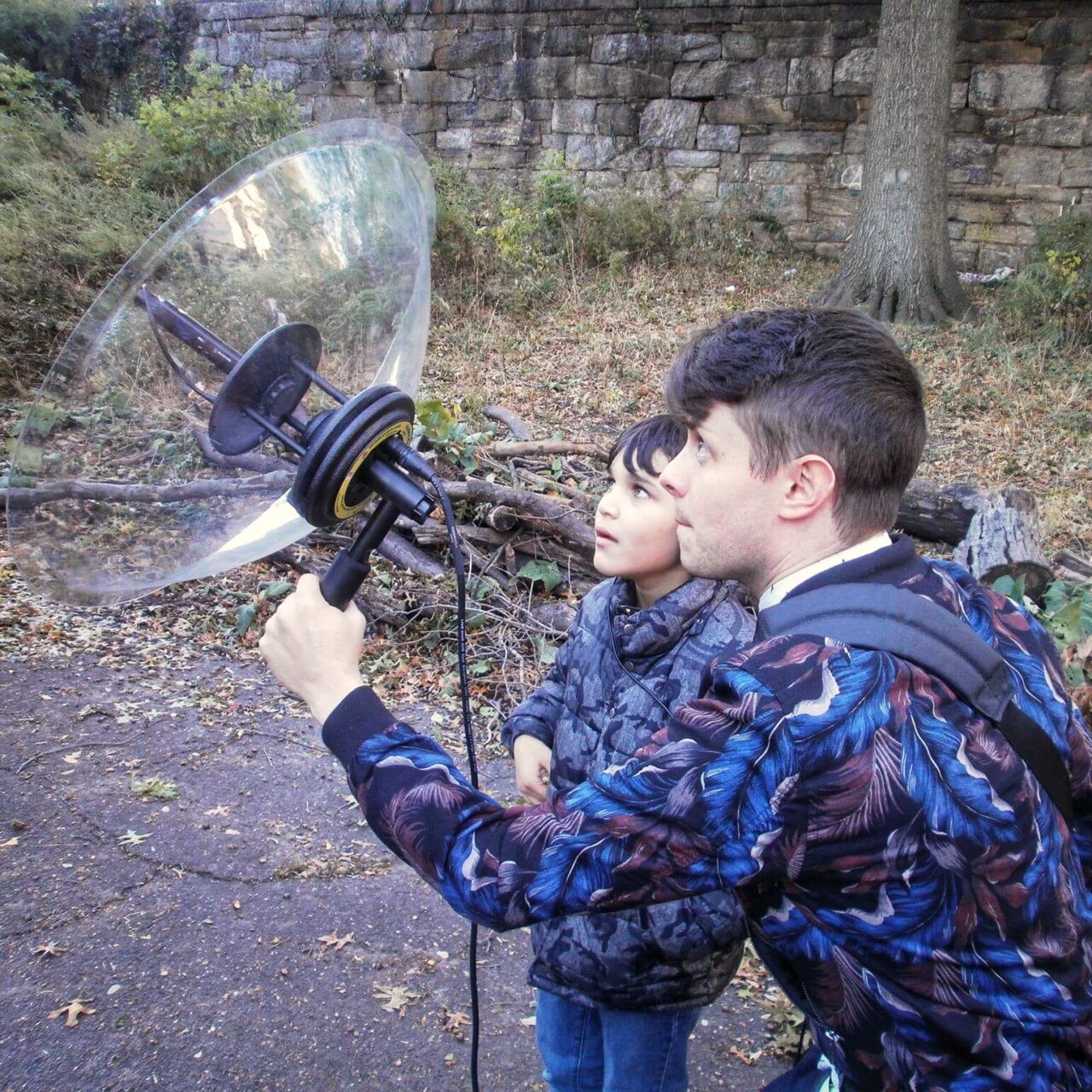
Sound Recording Tips from Ben Mirin
Meet Ben Mirin
Ben combines his love of music and birds to create wildlife stories that are accessible and inclusive, showing everyone in the world that their gifts are not only welcome in conservation, but needed.
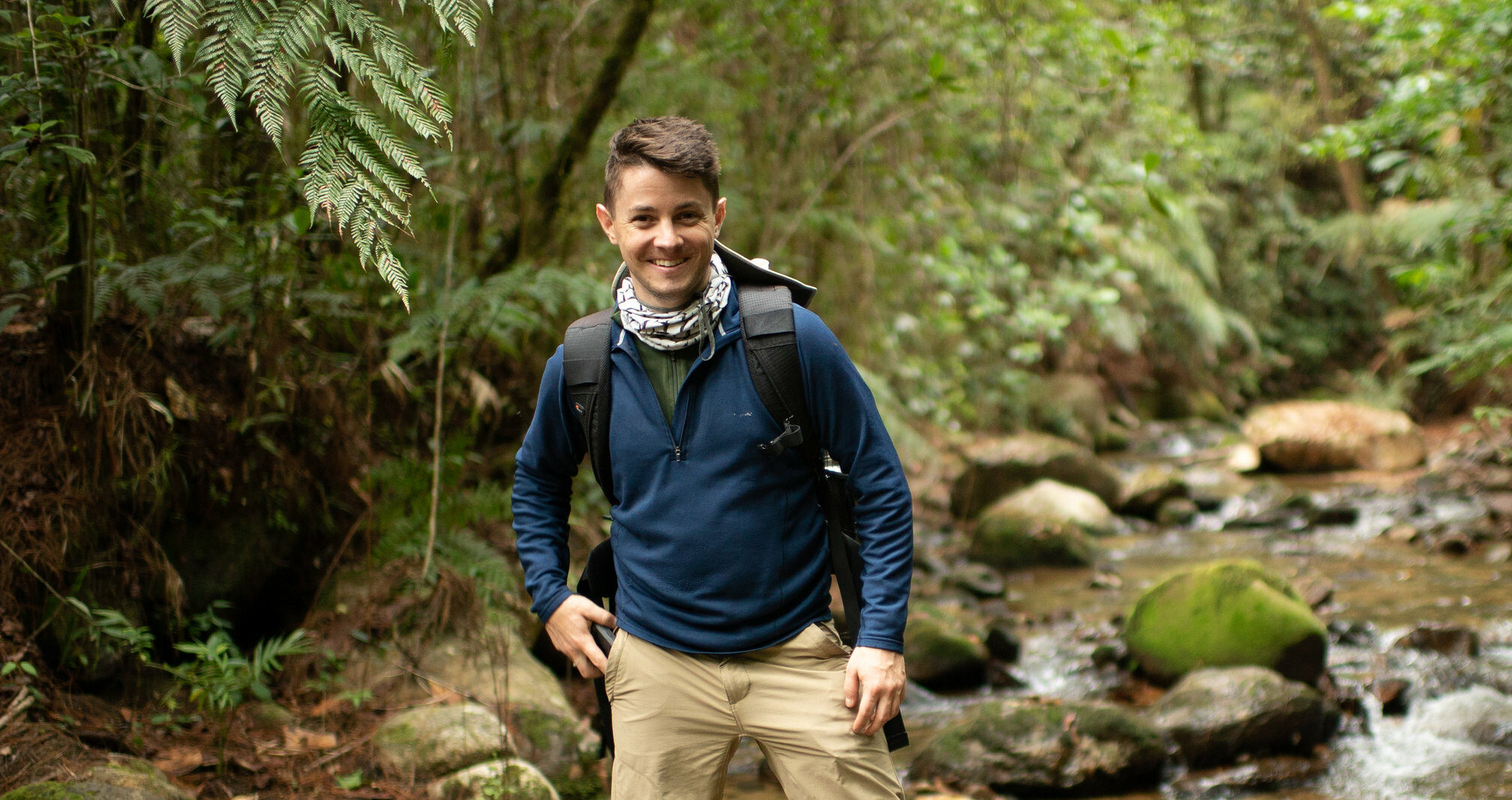
As a bioacoustic researcher, he has traveled the world, documenting the sounds of Nature (some never before recorded) and creating dazzling wild soundscapes and music, many of which featured on his National Geographic children’s television series, ‘Wildbeats’. Ben is currently completing his PHD at Cornell University, researching cultural connections with birdsong in Indonesia, and planning his next adventure!

Sound Recording Tips from Ben
Go outside and listen.
The natural world is singing constantly in a symphony that never sleeps. No matter where you are on the planet, you can go outside and appreciate it. It’s a part of you and you are a part of it.
If you don’t have access to a natural space near your home, don’t worry.
There is no other soundscape like the one in your backyard. It’s like your acoustic thumbprint. Consider listening for the balance of Nature and human sounds, and ask yourself questions about the stories your sounds can tell. And if it’s noisy during the daytime, try going outside at night as long as it’s safe to do so.
Take your time.
Ecosystems react whenever we walk upon them, often in ways we do not notice. Enter with care, find a place you can sit comfortably, and then wait patiently for animals that might be nearby to relax again so the symphony can resume.
You don’t need a lot of fancy equipment.
Your ears are your best tool, and if you have a smart phone turn off your signal so you aren’t getting any notifications and use the microphone instead.
Submit your recordings to an academic library for research.
Using free apps like Merlin Bird ID from the Cornell Lab of Ornithology will help you identify what you’re listening to in real time. And if you like, you can upload those recordings to our library in the app, making them available for researchers to publish new discoveries based on your sounds. It makes you an official community scientist, totally worth the bragging rights.
Create something with your sounds.
You can play them for your friends and family, edit or sample them to create music, or even make a playlist of natural sounds for people to enjoy. Host a listening party and go outside when you’re finished to hear the real thing.
Consider living quietly.
Walk or cycle when you could drive, use a fan instead of an air conditioner, and if you’re going to enjoy music, play it at a reasonable volume. Noise can be a form of expression, but it can also be pollution.
Remember that sound tells stories about our relationships and impact on Nature.
No matter where you live in the world, your backyard has a story to tell. Some of the sounds I’ll share with you here are in danger of being silenced forever. But if we can tune into Nature, we will recover more of ourselves. Who knows, you might just be inspired to start asking some big questions about how to save the world.
